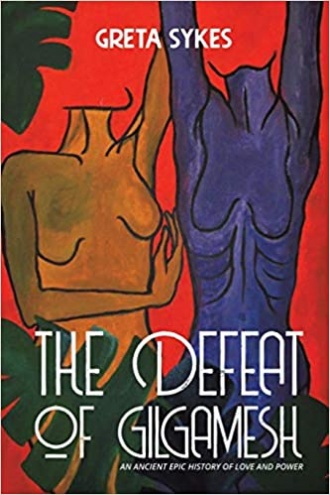This is the last article you can read this month
You can read more article this month
You can read more articles this month
Sorry your limit is up for this month
Reset on:
Please help support the Morning Star by subscribing here
THE EPIC of the hero Gilgamesh is a poem of ancient Mesopotamian origin which is reputed to be the very earliest surviving work of literature.

One of the most important historical documentary evidences of human civilisation, it was only rediscovered in the 1850s and was not to be translated into a readable format until the 1870s.
It immediately aroused controversy because of the story’s close parallels with incidents in the Bible, and classical historians also believe that the story influenced both the Odyssey and Iliad of Homer.
As the various peoples and cultures of the world become more interdependent, the story of Gilgamesh has become more widely known and appreciated.
It has inspired many works of literature, poetry and art and Greta Sykes is the latest in a long line of people inspired by the characters depicted in the Gilgamesh epic.
It's a richly suggestive text, open to numerous interpretations and for Sykes the story represents a struggle between female and male power.
The story in her novel is told by Enheduanna, high priestess of the city of Ur, said to be the earliest known poet ever recorded in history.
Her actual existence is established by both archaeological and textual sources and her hymns, composed for reading in the temple, have been found inscribed on tablets of stone and represent the world’s earliest poetry.
In taking the women as her focus, Sykes treads a path opened up by recent feminist scholarship which regards the epic as evidence of a transition from matriarchy to a more modern patriarchal society.
Thus several characters in the narrative — headed by Inanna, goddess of love and war, her grandmother, Ishtar, and the high priestess, Nin — combine to challenge the supremacy of Gilgamesh.
Apart from the feminist perspective, it’s significant that the green movement has seen the epic as symbolic of humanity’s disastrous separation from the natural world, exemplifying how the epic is a richly resonant text that still demands careful study.
Through this powerful novel, Sykes has drawn the epic to the attention of a wider audience in what is a fine introduction to the remote world of this oldest surviving literature and the earliest evidence of human creativity.
Published by Austin Macauley, £7.69.










